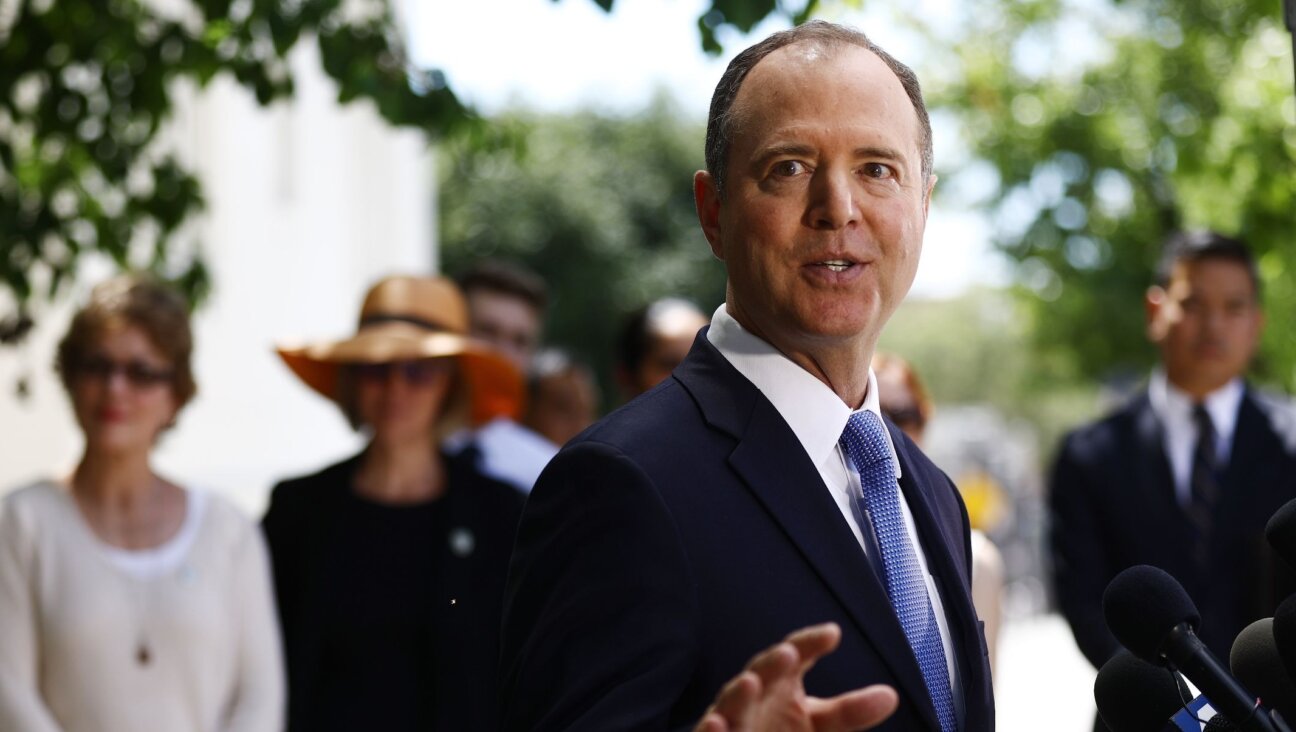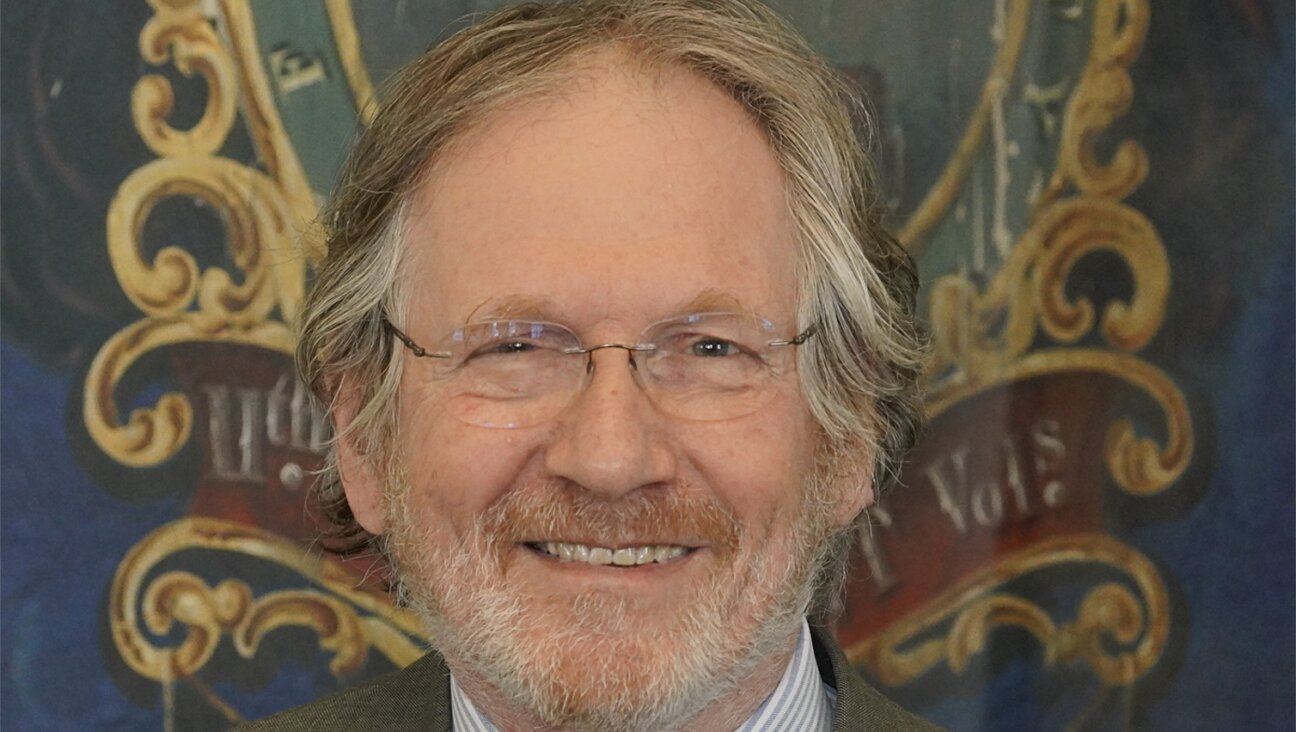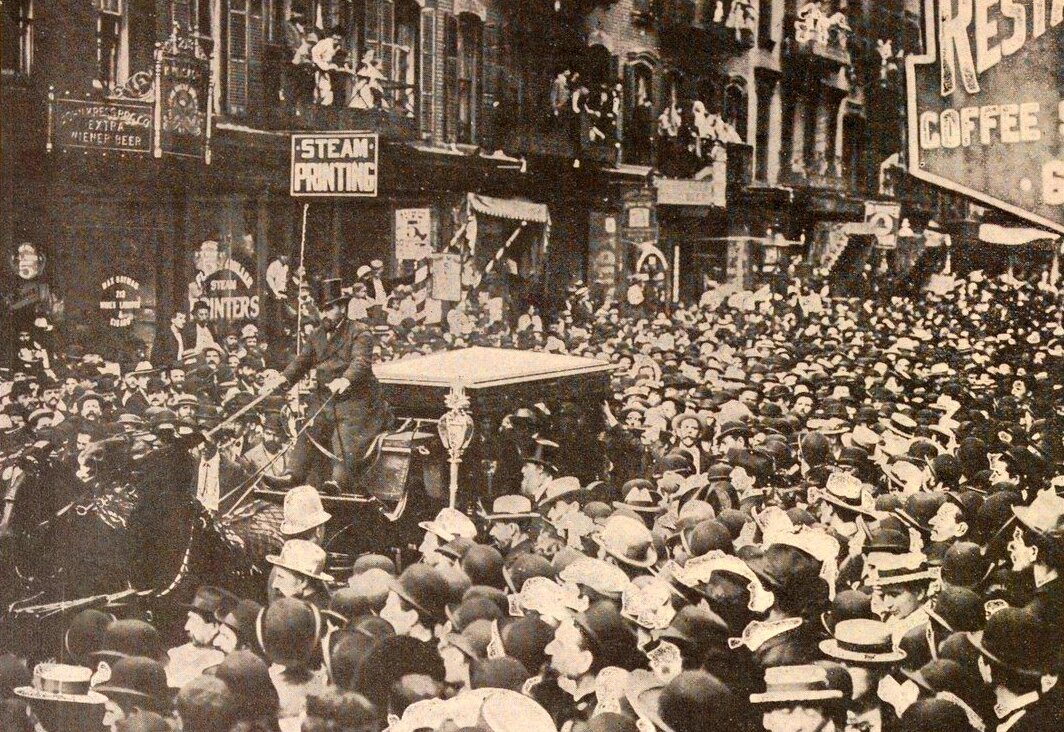Speech Reflects Chabad Split
A prominent Chabad-Lubavitch rabbi delivered a speech in Brooklyn this week lambasting his movement’s leadership for not aggressively fighting Israel’s plan to dismantle settlements in Gaza and the northern West Bank.
“When I read that the Lubavitch took a position that we’re not to get involved, it went against everything I know,” said Rabbi Avraham Hecht, 83, at an anti-disengagement event held Sunday night at the Jewish Children’s Museum, located across the street from Chabad’s worldwide headquarters in Brooklyn’s Crown Heights area. “How stupid can these people be? This is deportation, not disengagement. Even the Nazis didn’t do it this way.”
Hecht’s recent speech was part of a program hosted by the Pikuach Nefesh organization, a Lubavitch group that opposes the disengagement. About 60 Chabad rabbis, many of whom had traveled to New York to visit the rebbe’s grave last weekend to mark the 11th anniversary of his death.
Hecht did not endorse violence in response to Israeli policy, although the rabbi suggested it was likely that some settlers would respond with violence. “But,” he said, “do we want that — that one Jew should kill another Jew?”
The rabbi’s pointed criticism of Chabad’s institutional leaders highlighted current tensions within the movement. While opposition to Israel’s disengagement plan is widespread within Chabad, the central leadership — which directs the rabbis who perform outreach around the world — has avoided organizing an official campaign against it.
For an expanded version of this story, visit www.forward.com.
A message from our CEO & publisher Rachel Fishman Feddersen

I hope you appreciated this article. Before you go, I’d like to ask you to please support the Forward’s award-winning, nonprofit journalism during this critical time.
We’ve set a goal to raise $260,000 by December 31. That’s an ambitious goal, but one that will give us the resources we need to invest in the high quality news, opinion, analysis and cultural coverage that isn’t available anywhere else.
If you feel inspired to make an impact, now is the time to give something back. Join us as a member at your most generous level.
— Rachel Fishman Feddersen, Publisher and CEO





















